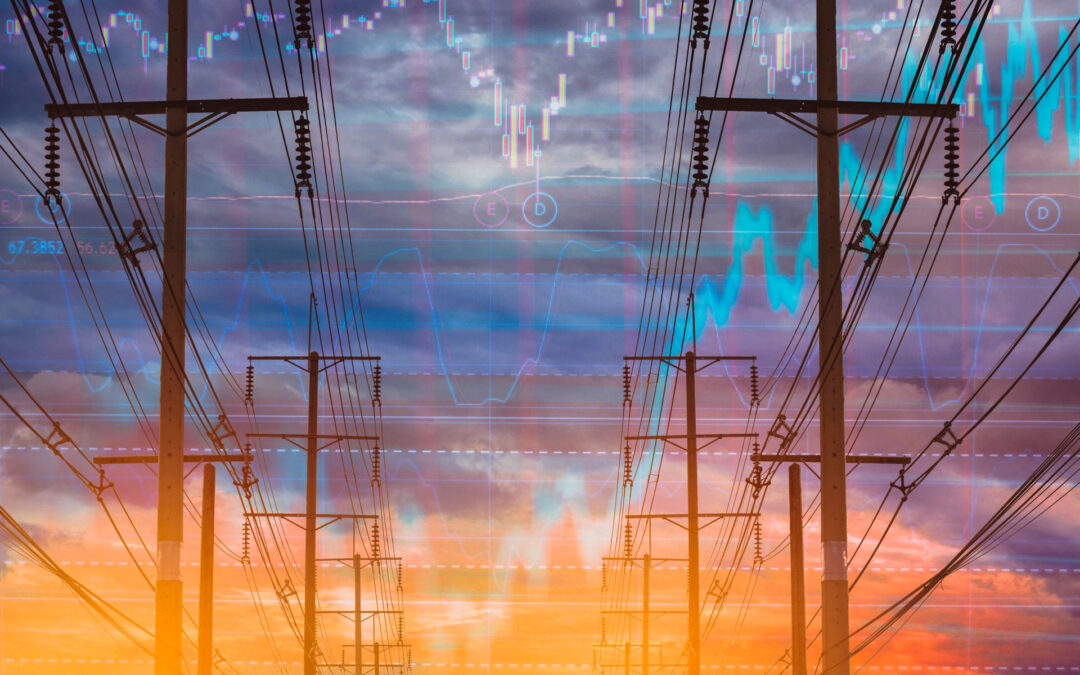The energy market experiences fluctuations due to a combination of factors that influence the supply and demand for electricity. Several key reasons contribute to these fluctuations:
1. Supply and Demand:
– Weather Conditions: Energy demand is highly sensitive to weather conditions. Cold weather increases the demand for heating, while hot weather increases the demand for cooling, affecting the need for electricity.
– Time of Day and Season: Daily and seasonal variations in energy demand affect market prices. Peak demand during certain times of the day or seasons can lead to higher prices (Summer cheaper Gas pricing as less Gas is used for heating).
2. Fuel Prices:
– Price of Fossil Fuels: The cost of fossil fuels (natural gas, coal, oil) used in power generation influences energy prices. Fluctuations in global fuel markets, geopolitical events, and supply disruptions usually impact fuel prices and, subsequently, electricity prices.
3. Renewable Energy Variability:
– Intermittency of Renewable Sources: Renewable energy sources, such as wind and solar, are intermittent and dependent on weather conditions. Fluctuations in renewable generation due to changes in wind speed or cloud cover can affect the overall energy supply and prices.
4. Policy and Regulatory Changes:
– Carbon Pricing and Regulations: Changes in environmental policies, carbon pricing, and regulations can impact the cost structure of power generation. Implementing or altering policies may affect the competitiveness of different energy sources.
5. Market Mechanisms:
– Market Auctions and Trading: Wholesale energy markets operate through auctions and trading platforms where suppliers and generators bid to meet demand. Market dynamics, competition, and bidding strategies can lead to price fluctuations.
6. Infrastructure and Transmission Constraints:
– Transmission Capacity: Limitations in transmission capacity can result in congestion in certain areas, impacting the flow of electricity and influencing prices. Insufficient infrastructure may lead to regional price disparities.
7. Global Events:
– Geopolitical Factors: Global events, such as geopolitical tensions, conflicts, or natural disasters, can affect energy markets by impacting fuel prices, supply chains, and investor confidence.
8. Technological Developments:
– Advancements in Energy Storage: The development and adoption of energy storage technologies can influence market dynamics by mitigating the intermittency of renewable sources and providing grid stability. Although this doesn’t fluctuate pricing, this does provide stability. Having advanced technology could mean fluctuations do occur but on a less frequent basis.
9. Market Participants and Speculation:
– Market Participants: The behaviour of market participants, including energy traders, investors, and utilities, can influence market prices. Speculation and market sentiment can lead to short-term fluctuations.
Understanding these factors is crucial for market participants, policymakers, and consumers to navigate the energy market. Energy market fluctuations are inherent, and strategies to manage risks and enhance market resilience are continually evolving.


Recent Comments